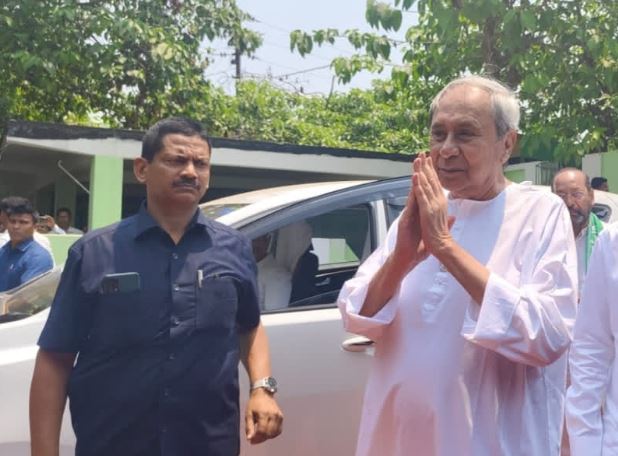There has been a variety of consequences to the socalled crisis of liberal democracies, which began in some senses in 2016 with the election of Donald Trump in the United States and Brexit in the United Kingdom. As a result of these factors, there is deterioration in the trust in public institutions, especially in the United States. The Pew Research Centre published a survey in September that confirms this trend: Only 16 percent of respondents said they trusted the federal government (which is a record low), and “more people have an unfavorable view of the Supreme Court than a favorable view of the Supreme Court – the first time this has occurred in polling since the late 1980s.” The ruling by the Colorado Supreme Court last week — on the heels of other criminal charges, from hush-money payments to inciting an insurrection in January 2020 — barring Trump from appearing on the presidential ballot in the state is unlikely to affirm faith in the democratic system or the judiciary. In an election year, the US Supreme Court will have to, in effect, decide on whether one of the two frontrunners can contest. In fact, in a divided time, it’s the political process and the parties that steer it that need to step up.Trump faces over 90 felony counts in the various cases against him. The Colorado ruling is based on a 19th-century post-US Civil War constitutional amendment under which a constitutional functionary is barred from holding office if they actively engage in or incite an insurrection. While it applies only to the state, it has a much wider significance. Similar petitions have been filed all over the US and the Supreme Court (US SC) decision will have a bearing on all of them. Given that the US SC has a 6-3 conservative Republican-leaning majority; it is unlikely to uphold the Colorado verdict. Even with a more liberal bench, a judgment essentially disqualifying a major candidate would bring up understandable questions about the separation of powers. There has never been a presidential candidate who has faced as many criminal charges as Donald Trump. There can be little doubt about the fact that he is popular: According to the latest polls, he is neck-and-neck with Joe Biden, with third-party candidate Robert Kennedy also making a strong showing. There is no doubt that many other Republican candidates, for example Vivek Ramaswamy, are turning out to be “Trumpists”, showing how America’s right wing has been influenced by the politics of the former president. Trump, then, has thrown up an institutional and philosophical challenge. When it comes to populist politicians, who do not necessarily follow the rules of the game, how do political institutions respond to them? If the extremes become mainstream, how does the centre hold up when the extremes become mainstream? These are questions whose answers are also required beyond the US. The questions do not just have to be answered by a court, but by all sources.
Exclusive
Breaking News
 India – New Zealand joint trade committee acknowledges in both economies
India – New Zealand joint trade committee acknowledges in both economies
 PM Gears Up for Bengal Blitz with Public Meetings in Key Constituencies On May 3
PM Gears Up for Bengal Blitz with Public Meetings in Key Constituencies On May 3
 Docs Warn Gym Goers as Sudden Heart Attacks Return, Killing at least 4
Docs Warn Gym Goers as Sudden Heart Attacks Return, Killing at least 4
 CM Files Nomination for Hinjili Assembly Seat
CM Files Nomination for Hinjili Assembly Seat
 Liquors Policy Scam: ED has no material necessitating my arrest, Kejriwal tells SC
Liquors Policy Scam: ED has no material necessitating my arrest, Kejriwal tells SC





More Stories
India – New Zealand joint trade committee acknowledges in both economies
PM Gears Up for Bengal Blitz with Public Meetings in Key Constituencies On May 3
Docs Warn Gym Goers as Sudden Heart Attacks Return, Killing at least 4